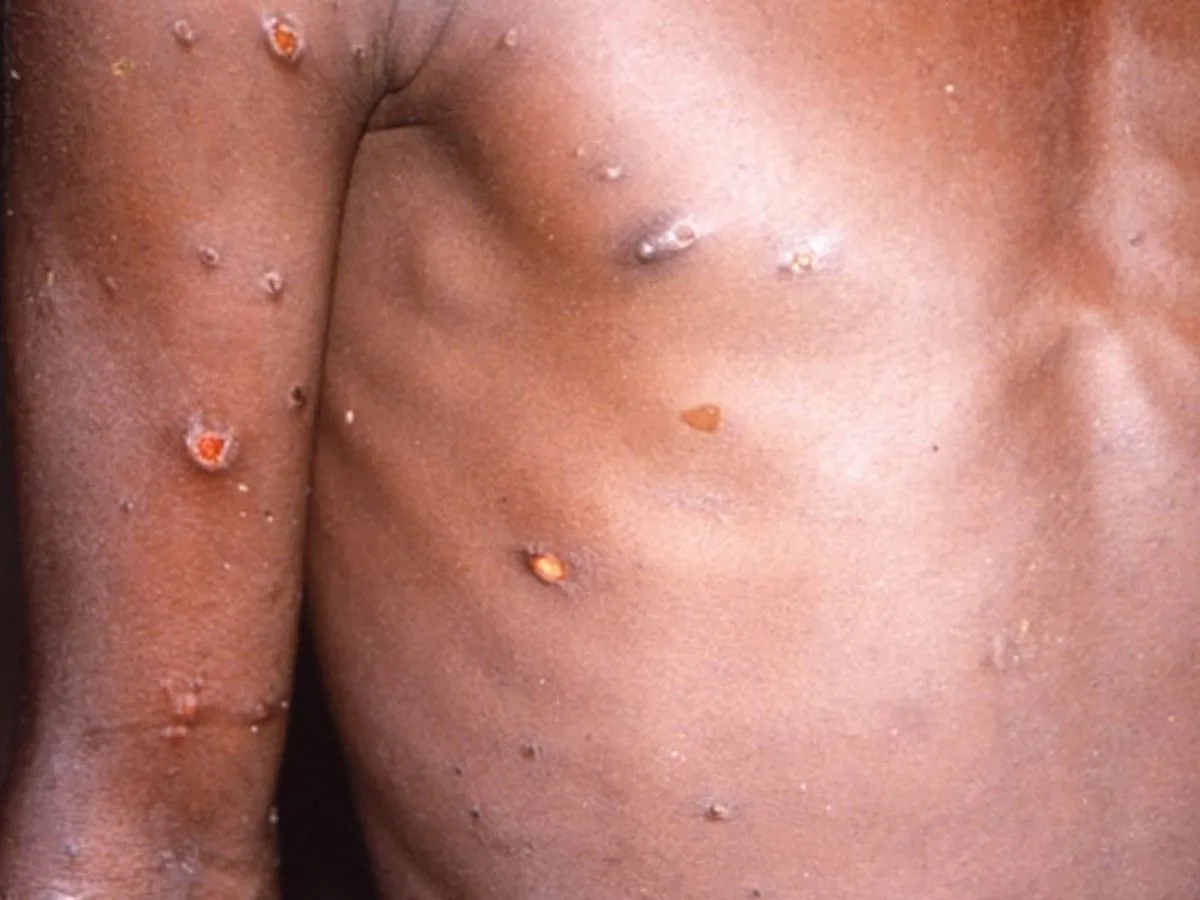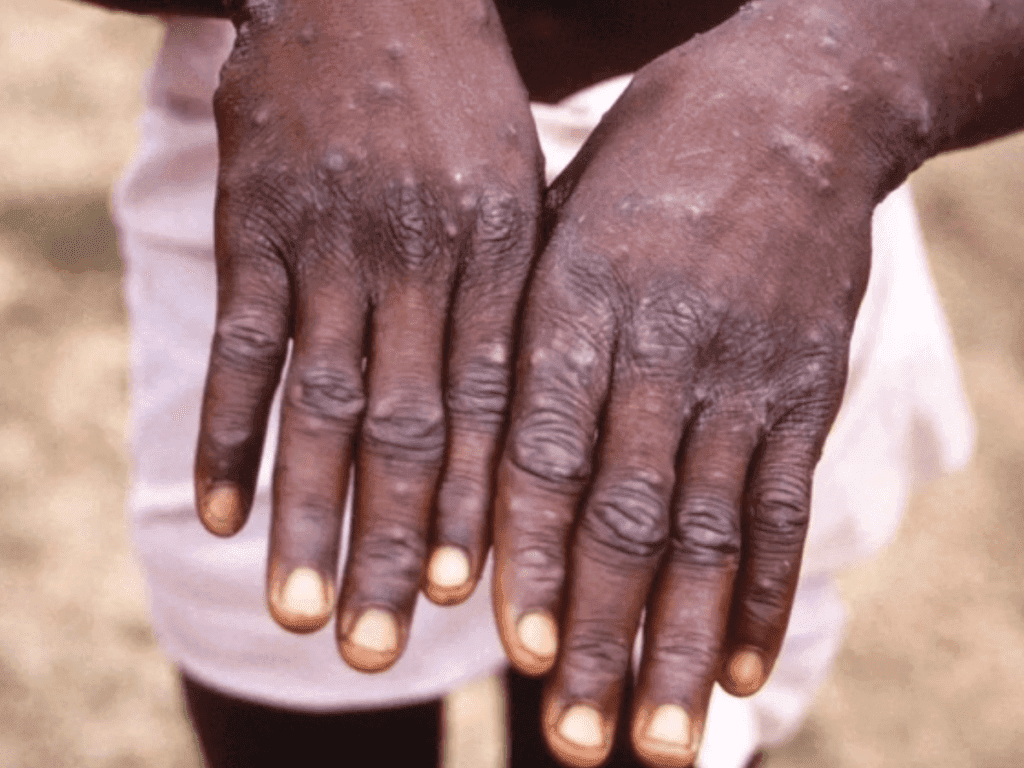No Monkeypox Cases In India So Far, Say Officials

Although no cases of monkeypox have been reported in India as of yet, officials said on Saturday that the pox’s spread around the world is being closely monitored.
According to a Union Health Ministry official, the country is also following the World Health Organization’s (WHO) notice on the rise in reported cases of acute hepatitis of unknown cause in youngsters from various regions of the world.
Experts urge WHO and governments to take stronger anti-infectious disease measures in the wake of the monkeypox outbreak.
The absence of monkeypox cases in India, according to the WHO, should not lead to a lack of preparedness or a lowering of guard against the virus. “We must understand that the danger is imminent,” said Pragya Yadav, scientist and group leader at the maximum containment laboratory at the Indian Council of Medical Research-National Institute of Virology in Pune, “with this pathogen registering its presence in previously non-endemic countries, scientists seeing no established travel links to the spread, and community spread indicated in some regions.”
According to the WHO, approximately 200 cases of monkeypox have been documented in more than 20 countries that are not normally known to experience such outbreaks.
During a public briefing early Friday, the WHO described the situation as “containable,” but said there were still many unanswered questions about what caused the unusual epidemic of monkeypox beyond Africa. The organisation went on to say that there was no proof that any genetic changes in the virus were to blame.

“The first sequencing of the virus shows that the strain is not different from strains found in endemic countries, and (this outbreak) is most likely owing to a change in human behaviour,” said Sylvie Briand, WHO’s director of pandemic and epidemic diseases.
“In India, incidences of cow and buffalo pox in humans have been reported, indicating animal-to-human transfer.” “We haven’t been exposed to monkeypox, so it’s an unusual infection for us,” Dr. Yadav said.
The NIV stated that it was fully prepared to do sample testing and assist in standardising standards for sample collecting, transport, and working with the pathogen.








